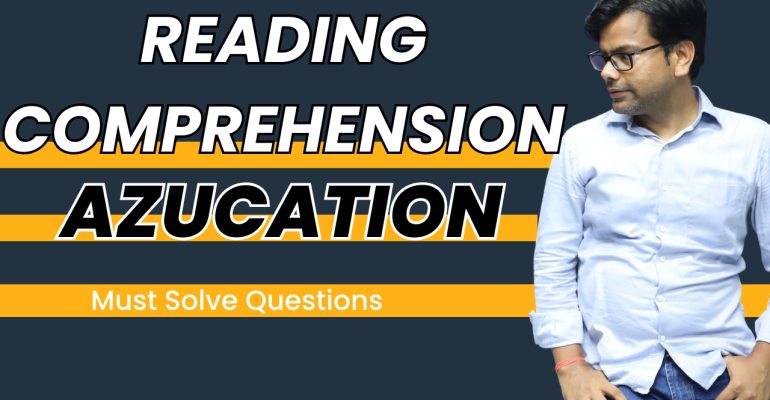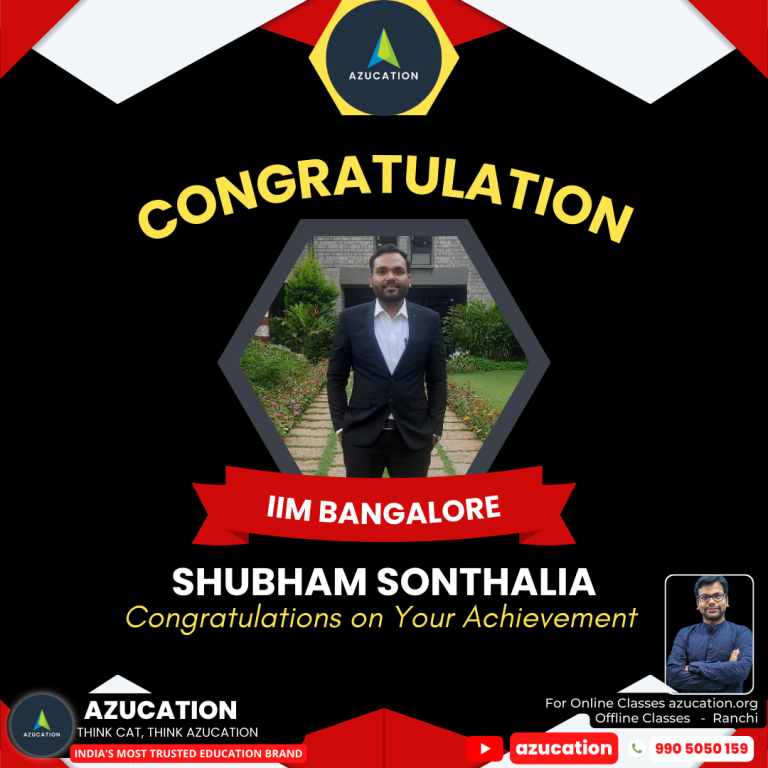RC Passage – The Invention of Tradition

RC Passage – The Invention of Tradition
Passage: The Invention of Tradition
Much of what we think of as traditional, and steeped in the mists of time, is actually a product at most of the last couple of centuries, and is often much more recent than that. The case of the Scottish kilt comes from a celebrated volume by the historians Eric Hobsbawm and Terence Ranger, called The Invention of Tradition. Tradition and custom – these have been the stuff of most people's lives for most of human history. Yet it is remarkable how little interest scholars and thinkers have shown in them. There are endless discussions of modernisation and what it means to be modern, but few indeed about traditions.
It was the 18th Century Enlightenment in Europe that gave tradition a bad name. One of its major figures, the Baron D'Holbach, put things this way. I quote: “Instructors have long enough fixed men's eyes upon heaven, let them now turn them upon earth. Fatigued with an inconceivable theology, ridiculous fables, impenetrable mysteries, puerile ceremonies, let the human mind apply itself to the study of nature, to intelligible objects, sensible truths, and useful knowledge. Let the vain chimeras of men be removed, and reasonable opinions will soon come of themselves, into those heads which were thought to be forever destined to error.”
It might seem that the notion of tradition, unlike kilts and bagpipes, has been around for many centuries. Once more, appearances are deceptive. The term 'tradition' as it is used today is actually a product of the last 200 years in Europe. Just like the concept of risk, in mediaeval times there was no generic notion of tradition. There was no call for such a word, precisely because tradition and custom were everywhere. The idea of tradition, then, is itself a creation of modernity. That doesn't mean that one shouldn't use it in relation to pre-modern or non-Western societies, but it does imply that we should approach the discussion of tradition with some care. By identifying tradition with dogma and ignorance, the Enlightenment thinkers sought to justify their absorption with the new.
Disentangling ourselves from the prejudices of the Enlightenment, how should we understand 'tradition'? We can make a good start by going back to invented traditions. Invented traditions and customs, Hobsbawm and Ranger suggest, aren't genuine ones. They are contrived, rather than growing up spontaneously; they are used as a means of power. They never existed since time immemorial. Whatever continuity they imply with the long-term past is largely false.
I would turn their argument on its head. All traditions, I would say, are invented traditions. No traditional societies were wholly traditional, and traditions and customs have been invented for a diversity of reasons. Moreover, tradition always incorporates power, whether they are constructed in a deliberate way or not. Kings, emperors, priests and others have long invented traditions to suit themselves and to legitimate their rule.
It is a myth to think of traditions as impervious to change. Traditions evolve over time, but also can be quite suddenly altered or transformed. Some traditions, of course, such as those associated with the great religions, have lasted for hundreds of years. There are core prescriptions of Islam, for instance, that nearly all Muslim believers would hold to, and which have remained recognisably the same over a very long period. Yet whatever continuity there is in such doctrines goes along with many changes, even revolutionary changes, in how they are interpreted and acted upon. There is no such thing as a completely pure tradition. Like all the other world religions, Islam drew upon a dazzling variety of cultural resources – that is, other traditions.
But it is simply wrong to suppose that for a given set of symbols or practices to be traditional, they must have existed for centuries. The Christmas address by the Queen, which is broadcast every year in Britain, has become a tradition. Yet it only started in 1932. Endurance over time is not the key defining feature of tradition, or of its more diffuse cousin, custom. The distinguishing characteristics of tradition are ritual and repetition. Traditions are always properties of groups, communities or collectivities.
What is distinctive about tradition is that it defines a kind of truth. For someone following a traditional practice, questions don’t have to be asked about alternatives. However much it may change, tradition provides a framework for action that can go largely unquestioned. Traditions usually have guardians – wise men, priests, sages. Guardians are not the same as experts. They get their position and power from the fact that only they are capable of interpreting tradition’s ritual truth.
The Enlightenment set out to destroy the authority of tradition. It only partially succeeded. Traditions remained strong for a long while in most of modern Europe and even more firmly entrenched across most of the rest of the world. Many traditions were reinvented and others were newly instituted. There was a concerted attempt from some sectors of society to protect or adapt the old traditions.
Two basic changes are happening today under the impact of globalisation. In the Western countries, not just public institutions but everyday life is becoming opened up from the hold of tradition. And other societies across the world that remained more traditional are becoming detraditionalised. The end of tradition doesn’t mean that tradition disappears, as the Enlightenment thinkers wanted. On the contrary, in different contexts, it is reinvented afresh. But less and less – if I can put it this fashion – is a tradition lived in the traditional way.



























